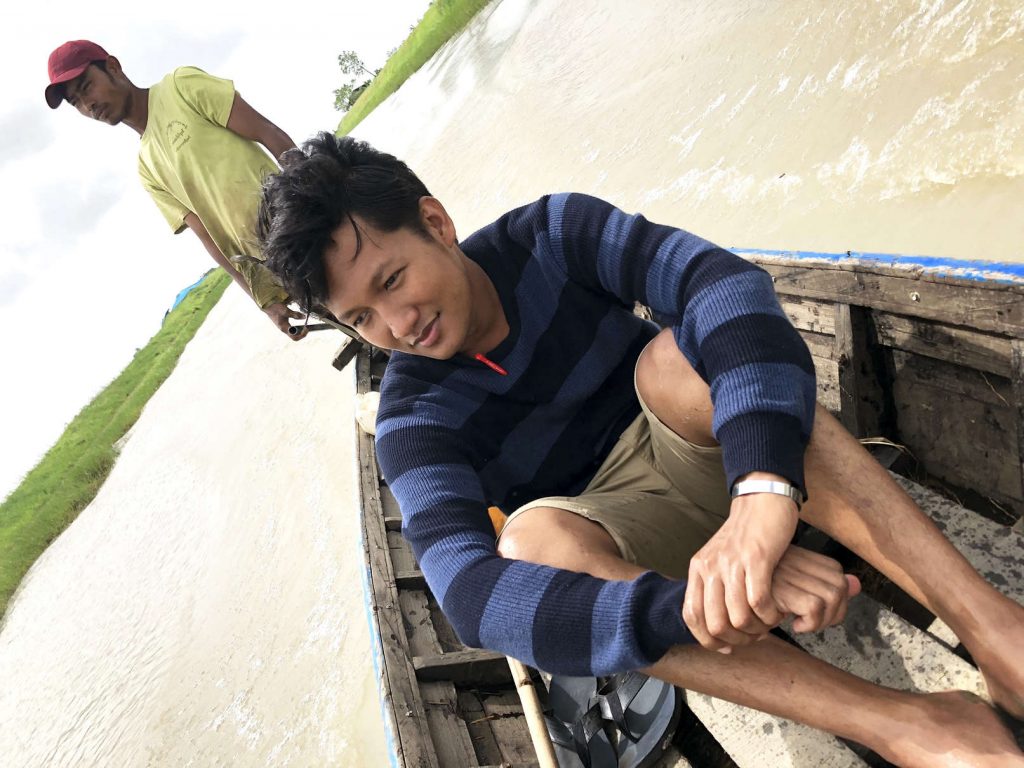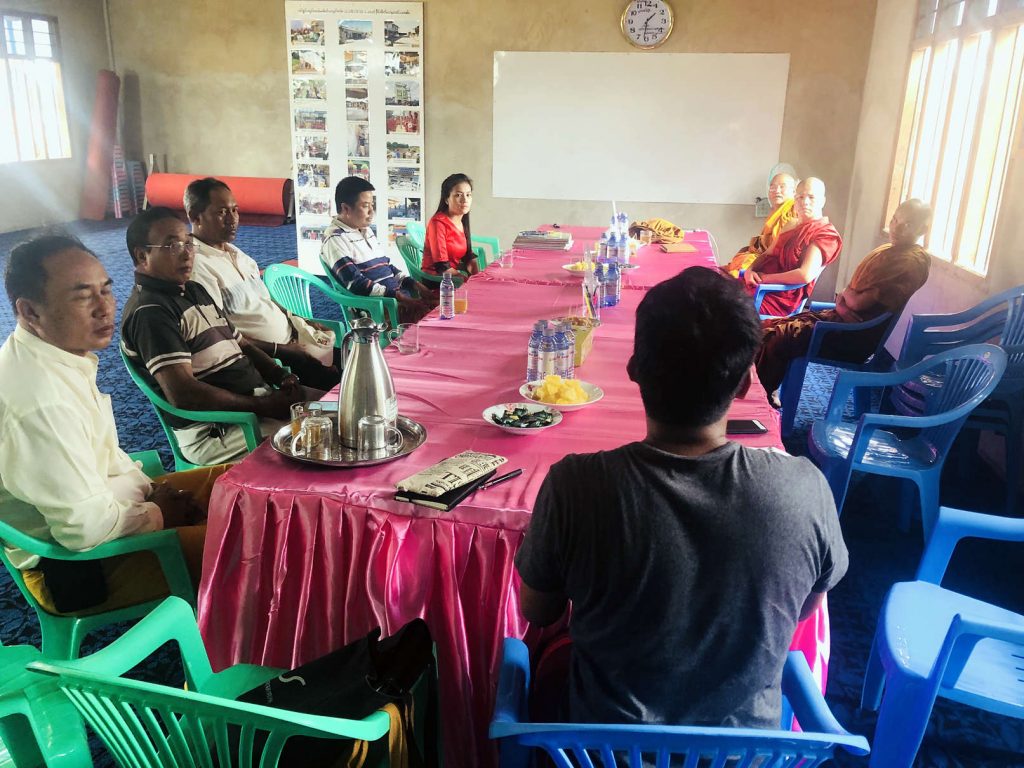ハルツームにおける環境NGOの行動様式と廃棄物問題
対象とする問題の概要 スーダンの首都ハルツームは人口が急激に増加している。2.4%という高い人口増加率に加え、よりよい教育や医療などを求めて地方から人びとがハルツームにやってくる。紛争や飢饉などによる移民や難民も多く流入している。人口は過…

A fundamental issue for the rural population in Myanmar is the lack of access to resources such as markets, infrastructure, and technical supports, as well as credit. One of the major constraints for the rural poor is the lack of access to financial services, with reasonable and affordable interest rates, not only to enable these population to engage in productive economic activities but also to meet the financial needs of daily consumption.
This study investigates the financial services in rural Myanmar and their determinants. It asks whether the current conditions of rural finance are productive for improving the livelihoods of farmers, whether they help or harm the farmers, and what delivery mechanisms are involved.

The current conditions of the financial market in three locations were assessed. The first location was Phya Pon Township, Ayawaddy Division, which is one of the country’s major high-quality paddy production areas. To encourage high-quality paddy production, the government’s credit program for small-scale farmers with affordable interest rates is an absolute imperative. In recent years, the high loan default rate became a major challenge for the program. During field surveys, I mainly focused on the villages that could settle their loans and conducted several interviews with the stakeholders in the village-level financial markets. I explored the role of village credit administration groups in collecting the loan.
The second area was Yay Nan Chaung Township, Magway Division. Magway Division is the division referred to in “2014 Magway Division Private Microfinance Law.” The field survey in this area accessed two licensed organization under this law. The major finding in this area is the weakness of the technical support available to each licensed organization, despite regulation from the regional government.
The last location was Lashio Township, Shan State. In this area, the Wong Metta Credit Union launched by the Shan ethnic group is one of the leading financial organizations. While the operation of this program is quite advanced concerning the mobilization of savings, provision of loans, and collection of repayments, the capacity of the credit union committee is limited under a decentralized and weak management system.
The current preliminary survey has already collected the necessary quantitative information for further research. Further qualitative information regarding the households in these areas needs to be collected.
Copyright © 附属次世代型アジア・アフリカ教育研究センター All Rights Reserved.